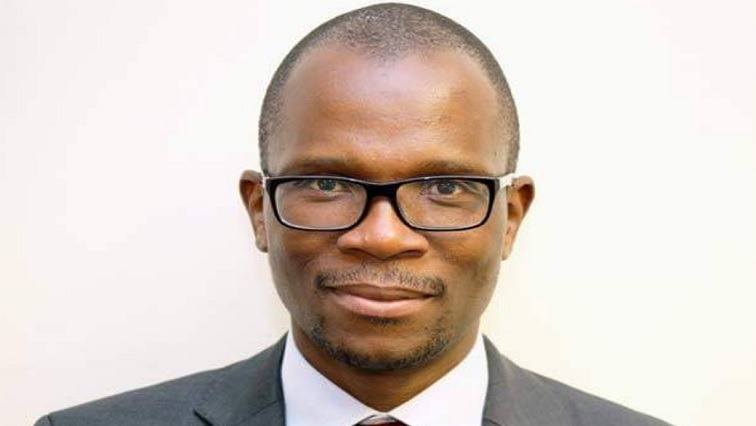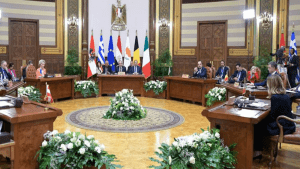The fiscus cannot afford to finance the level of investment that will be required for a climate-resilient infrastructure. This is according to the Deputy Minister of Finance, David Masondo.
Masondo says there has to be a global approach as well as an African approach in dealing with climate change, as its impact knows no boundaries.
He was speaking at the policy dialogue “Southern Africa – Towards Inclusive Economic Development” under the theme “Financing Infrastructure Development in the Context of Climate Change”.
Masondo says as a country, South Africa feels the negative impact of climate change in important sectors such as agriculture, water, and energy.
He tells delegates that the policy dialogue isn’t just about discussing infrastructure which is the cornerstone of any thriving economy. But also about finding the most effective ways to achieve sustainable economic growth.
He says investments in renewable energy sources, water conservation systems, and sustainable
urban development are key to mitigating and adapting to climate impacts.
Deputy Minister of Finance Dr David Masondo says, “The fiscus cannot afford to financially support the amount of investment required for climate resilient infrastructure. Africa needs an annual investment of about 190 billion USD for its clean energy transition. 57% of African countries spend more on debt than on education. We, therefore, need to discuss other innovative financing mechanisms such as green bonds and carbon credit to fund these climate-resilient infrastructure projects.”
The European Union signed a 2 million Euro, an equivalent of R41 million to support the Southern Africa – Towards Inclusive Economic Development (SA-TIED) programme.
European Union Ambassador to South Africa Sandra Krammer says global challenges such as climate change, digitisation, inequality and the erosion of democracy require solutions that rely on science and data to overcome.
“The EU is delighted to continue to support SA towards inclusive economic development with a further 2 million euros, this collaboration speaks of a shared and strong commitment to advance evidence-based policymaking.”
Delegates heard that common global challenges should also be treated as opportunities for innovation and forging public-private partnerships.
SA-TIED has been in operation since 2017 looking at ways to support policy-making with research that is critical in terms of climate change and economic transformation in the southern Africa region and also to understand requirements for long-term investments in various sectors including energy and water.






